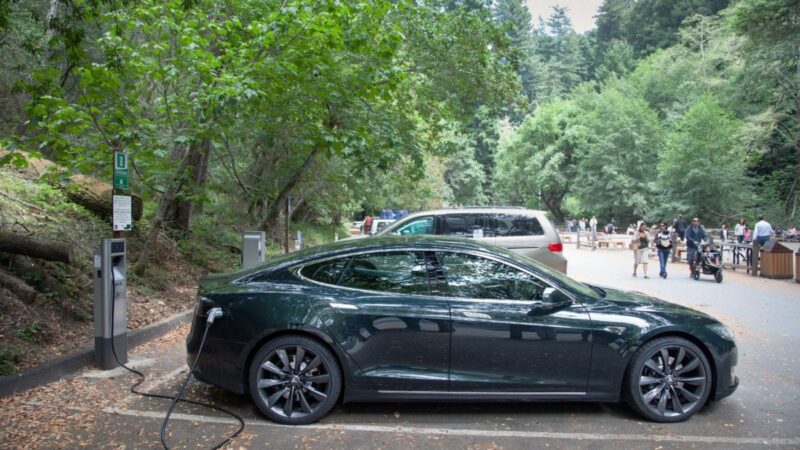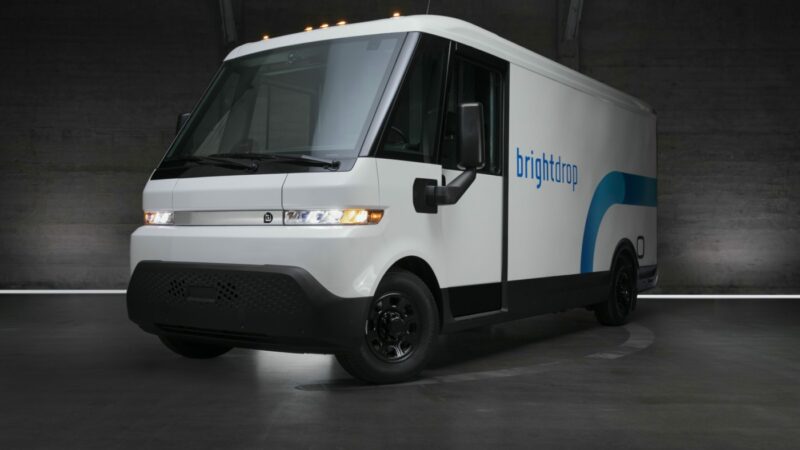By 2050, the phrase “the motor of the economy” might be more apt than “the engine of the economy.” For now, however, the conventional wisdom[1] on electric vehicles is that batteries are costly, people worry about running out of charge during occasional long trips, and that they are naturally impractical for regular heavy users such as commercial auto fleets (taxis, ridehailing vehicles) and trucks.
My research interests lie in using a combination of modeling and empirical survey-based research to show that the converse is true, and in identifying novel policies that can take advantage of the smart devices that pervade our lives for a faster, cheaper and socially equitable adoption of clean technologies.
- Assessment of techno-economic and environmental potential and the barriers to adoption
This line of work use exploits a combination of simple spreadsheet models, the tools of industrial ecology and life cycle assessment, and surveys to isolate the critical variables driving the socio-economic and environmental impact of EV adoption.
Publications
- Long-haul battery electric trucks are technically feasible and economically compelling Working Paper, International Energy Studies Group, Lawrence Berkeley National Laboratory
- Electric vehicles in ridehailing applications: Insights from a Fall 2019 survey of Lyft and Uber drivers in Los Angeles, Report to Sloan Foundation, April 2020
- The Case for All New City Buses in India to be Electric, Lawrence Berkeley National Laboratory Report, December 2018
- Estimating the economic and environmental benefits of electrifying a fleet of 5600 city buses in Bangalore (Work in progress)
- Estimating charging infrastructure needs and environmental impacts of fleet electrification
This project is focused estimating the charging infrastructure needs for cars, city buses, inter-city buses and long-haul trucks in different geographic regions: New York, San Francisco, New Delhi and the state of California as a whole. Data on actual taxi trips, public transit bus schedules and freight movement along highway is being used to simulate these trips using electric vehicles and estimate the minimum charging infrastructure, the cost of service and environmental impacts without sacrificing timely movement of people, goods and services.
Publications
- Electrifying Urban Ridesourcing Fleets at No Added Cost through Efficient Use of Charging Infrastructure, Transportation Research Part C, 2019 Vol. 105, August 2019
- Estimating the charging infrastructure for electrifying taxi and ridehailing fleet in New Delhi (Work in progress)
- Estimating the charging infrastructure for electrifying heavy duty long-haul freight (Work in progress)
- Industrial Ecology and Life Cycle Assessment
Life cycle assessment (LCA) is a widely utilized technique to quantify inputs
and emissions associated with the life cycle of a product, from raw materials
extraction through the product’s end-of-life. In a globalized world, LCA can be a powerful framework to inform and enable voluntary action by individuals, businesses and governments to reduce pollution that arises because of variation in the stringency of environmental policies and regulations across different political jurisdictions worldwide.
Publications
- Life cycle energy and climate benefits of energy recovery from wastes and biomass residues
- A heuristic screening aid for Consequential LCA
- Policies to address emissions leakage
- The fuel market effects of biofuel policies and implications for regulations based on lifecycle emissions
- Novel public policies
For a long time — and for reasons both good and bad — society’s approach to clean technologies has been to help those who can afford to pay adopt and, in doing so, induce learning and large scale production that drive costs down so that eventually everyone can adopt them.
Modern information and communication technology allow us to more precisely target and tailor incentives and information to specific groups of individuals and households so clean technologies can be adopted more efficiently using less public subsidies. Some examples of our work in this area:
Publications
- Pivoting from vehicle subsidies to subsidies per clean mile
- How inefficient electricity pricing hampers electric vehicle adoption
- Novel approaches to mitigate emissions leakage under biofuel policies.
- An auction for subsidies (Work in progress)
Op-Eds
- Private cars must be part of EV policy push, Business Line, 11-Mar-2020
- Time to usher in the EV Revolution, Business Line, 28-Feb- 2019
- A shot in the arm for electric mobility, Business Line, 1-Apr-2019
[1] The notion of conventional wisdom became popular after its use by the Economist John Kenneth Galbraith in his famous book the The Affluent Society



